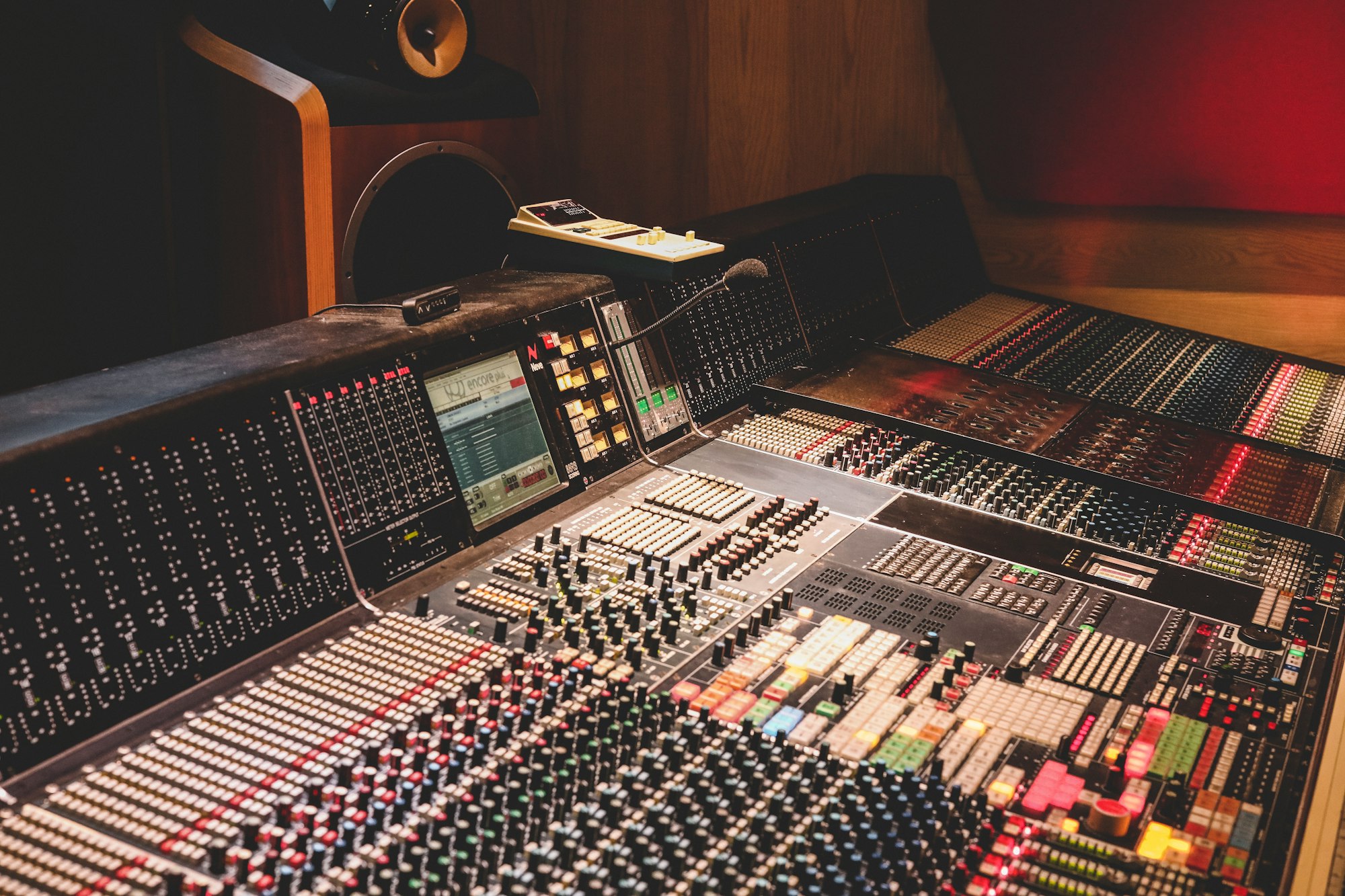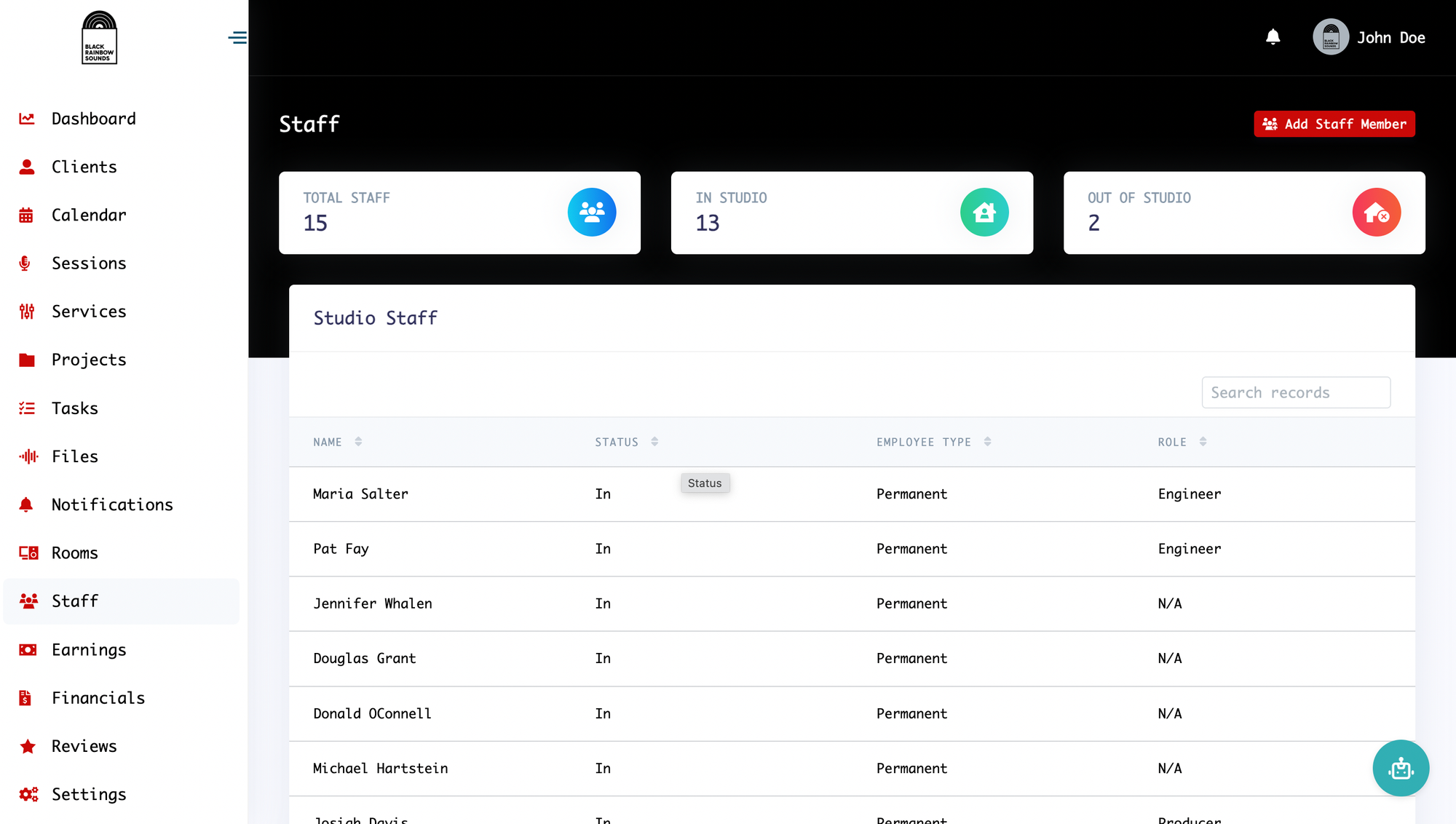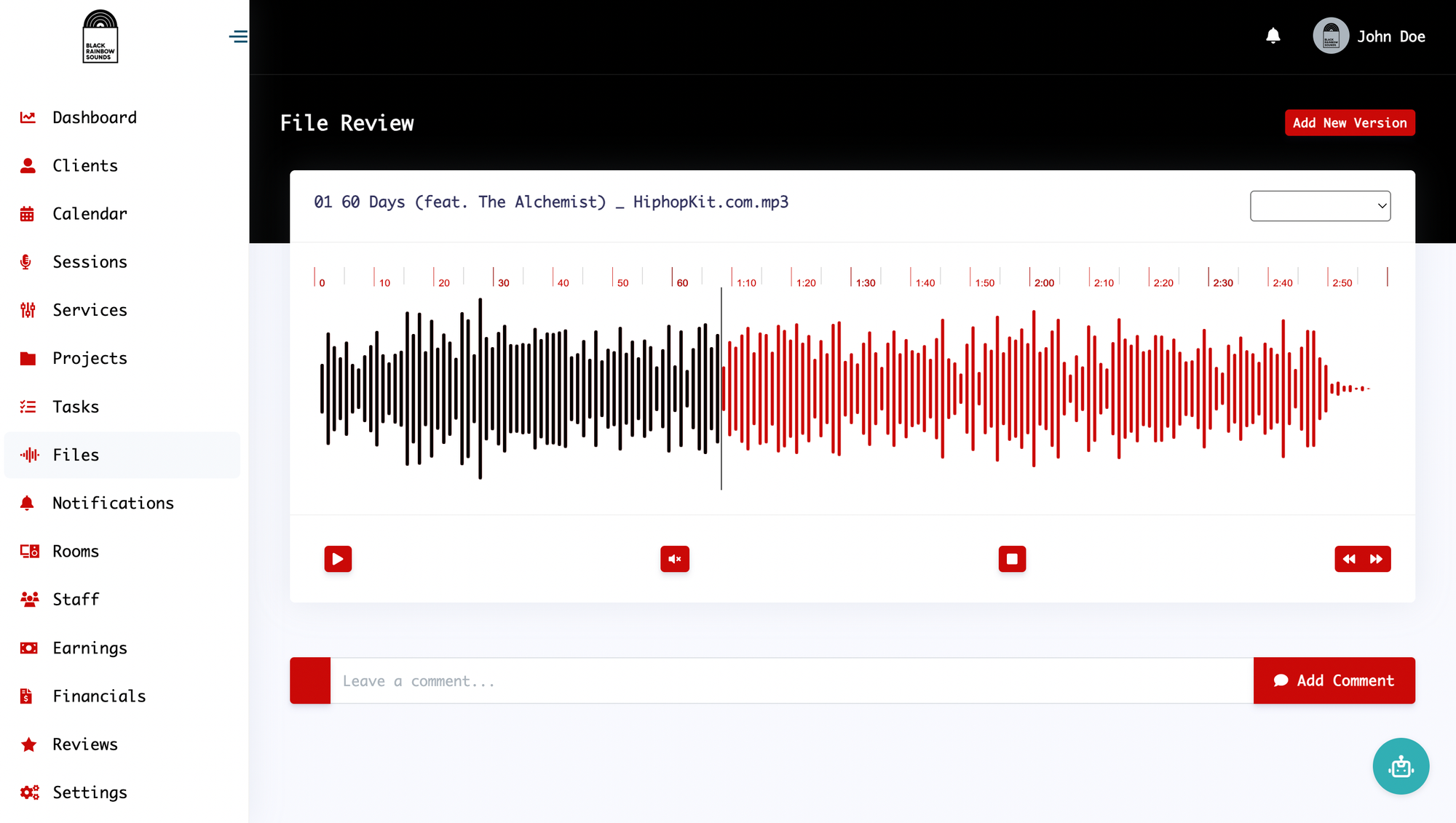What does a Recording Studio Manager daily duties entail?

Welcome to the fascinating world of recording studios! Ever wondered what goes on behind the scenes to produce your favorite songs and albums? That's where the recording studio manager comes in. In this article, we will explore the ins and outs of a recording studio manager's daily duties.
Responsibilities of a Studio Manager
As the person in charge, the studio manager is responsible for ensuring smooth operations and a high level of productivity. They oversee the day-to-day management of the studio, coordinating schedules, and ensuring that all necessary equipment and resources are available.
Daily tasks of a Studio Manager
A recording studio manager's daily tasks can vary depending on the studio's size and workflow. However, some common tasks are essential for smooth operations. These include overseeing session schedules, managing studio budgets and finances, and collaborating with artists and producers.
Managing session schedules is crucial to ensure that all recording sessions run smoothly. The manager must coordinate with artists, producers, and engineers to determine the best times for each session. This requires excellent communication and organizational skills to avoid scheduling conflicts and maximize studio productivity.
Collaborating with artists and producers is another important aspect of a recording studio manager's daily tasks. The manager acts as a liaison between the studio and the clients, ensuring that their needs and expectations are met. This involves discussing project requirements, providing guidance and support, and facilitating a productive and creative atmosphere.

In addition to scheduling, the recording studio manager is responsible for managing studio budgets and finances. This includes tracking expenses, invoicing clients, and ensuring that payments are received in a timely manner. Financial management is essential to keep the studio running efficiently and to allocate resources effectively.
Another crucial duty is ensuring equipment and studio maintenance. The manager is responsible for the upkeep and functionality of all recording equipment, instruments, and software.
Regular maintenance checks and repairs are necessary to ensure that the studio operates at its best. Additionally, the manager must keep track of inventory and order new equipment when necessary.
Overseeing studio staff and personnel
In a larger recording studio, the manager may be responsible for overseeing a team of staff and personnel. This includes hiring and training new employees, managing schedules, and ensuring that everyone is working together cohesively. The manager must provide leadership and guidance to the team, fostering a positive and productive work environment.
Furthermore, the recording studio manager plays a crucial role in maintaining client relationships. Building strong rapport with clients is essential for repeat business and positive word-of-mouth recommendations.
The manager must ensure that clients feel valued and their needs are met throughout the recording process. Exceptional customer service is key to maintaining a reputable studio and attracting new clients.

Staying updated with industry trends and technology
In the fast-paced world of music production, staying updated with industry trends and technology is vital for a recording studio manager. They must keep abreast of the latest recording techniques, software advancements, and industry standards. This knowledge enables the manager to provide the best possible service to clients and stay competitive in the market.
Attending industry conferences, workshops, and networking events is an excellent way for the recording studio manager to stay connected and learn from industry professionals. Additionally, subscribing to industry publications and online forums can provide valuable insights into emerging trends and technologies.

Conclusion and the importance of a Recording Studio Manager
In conclusion, the recording studio manager is a vital part of the music production process, ensuring that everything runs smoothly behind the scenes. From managing studio bookings and scheduling to overseeing equipment maintenance and collaborating with artists, the manager's role is multifaceted and essential to the success of the studio.
The recording studio manager's attention to detail, organizational skills, and ability to multitask are crucial in creating a productive and creative atmosphere for all involved. Without their expertise, the recording process would be chaotic and inefficient.
So, the next time you listen to your favorite songs and albums, remember the recording studio manager who played a significant role in bringing those sounds to life. Their dedication and hard work contribute to the magic of music production, and their daily duties ensure that the show goes on smoothly.


